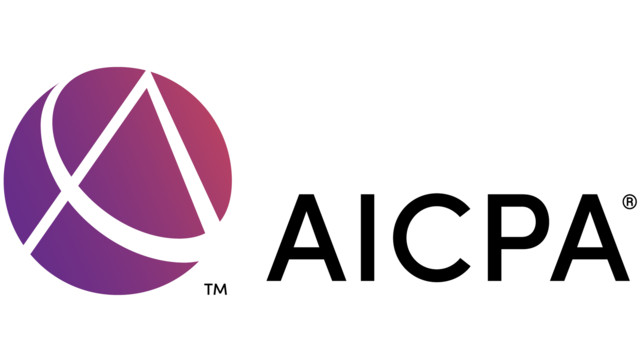The AICPA’s most recent Supply and Demand Report shows an interesting trend, one that the industry needs to find a strategy to address. When students first start down the path of becoming an accounting professional, there’s pretty strong representation from people across many cultural backgrounds. In fact, 44% of students enrolled in bachelor’s degree programs and 42% enrolled in master’s degrees programs are non-white. However, as individuals progress through their careers, a gap appears – and widens quickly. Only 30% of new graduate hires at CPA firms, 16% of all CPAs and 9% of partners are non-white.
Increasing the number of diverse accounting professionals with PhDs, individuals committed to teaching at colleges and universities, is one strategy that can have a major impact on what the profession looks like in the future. It gives minority students access to someone who has practiced in the field and understands the business community, who can help them make business world connections essential to landing the right job, and who can instill the importance of pursuing a CPA before they even enter the business world. These practical insights and experiences – beyond the lessons learned in the classroom – are invaluable to students just starting on their career path.
Dr. Helen Brown-Liburd, an auditing and accounting information systems professor at Rutgers University, has seen this first hand. Since earning her PhD in accounting from the University of Wisconsin-Madison, she has counseled and advised students of all races and backgrounds on career decisions and plans.
According to Dr. Brown-Liburd, it’s not unusual for students who take her freshman level course to resurface two or three years later, preparing to enter the job market. These young professionals are desperately seeking guidance and insights about job opportunities and employers from people who look like them. And there just aren’t enough diverse professors in academia today to properly guide them.
While making the decision to pursue a PhD didn’t happen overnight for Dr. Brown-Liburd, a career in education had been in the back of her mind for some time.
“I enjoyed supervising and training people at work, so I had always thought, as many people in business do, ‘Maybe I’ll teach some classes in the evening at the local university, then when I retire I’ll do more.’ I was thinking of it in a very limited way,” she says.
Today, she calls her position in academia her “dream job”.
In the last 15 years, the accounting field has made strides to increase diversity among faculty in colleges and universities across the country. The PhD Project – a nonprofit organization that strives to increase diversity on college campuses and in corporate offices – estimated that, in 1994, there were about 100 minority accounting professors with PhDs. Today, there are about 388 professors with PhDs representing African American, Latinx and Native Americans.
Minority accounting professionals can help continue this momentum by committing to returning to the classroom to pursue a PhD, and, subsequently, supporting the next generation’s educational and professional pursuits. While the prospects of getting a PhD may seem daunting, many candidates are surprised by the requirements, support and benefits that go along with a PhD program. For example:
- Most universities do not charge tuition and do provide stipends to business doctoral students. The level of stipends can vary between $15K and $40K per year.
- A master’s degree is not required to enter a business doctoral program.
- Accounting professionals have access to several organizations, including The PhD Project, that provide support during each phase of advanced degree pursuit.
- Academic salaries can be very attractive. To view the latest AACSB salary data click here.
- Experience and maturity gained in the corporate world is highly valued.
Of course, this is a big life decision and needs to be taken seriously. Kerri Ann Sanderson, PhD, current professor at Florida Atlantic University and former accountant at a Big 4 accounting firm advises, “Get in touch with yourself. Understand what you really want to do; spend the time up front to think it through. Only then should you start to select the right school for you.” After all, the choices you make at the beginning of this journey can lead to major personal and professional fulfillment.
To learn more about the process and benefits of becoming a PhD, visit: https://www.phdproject.org/become-a-professor/is-a-phd-right-for-you/.
About the Author
Blane Ruschak is the president of The PhD Project and KPMG Foundation.
Thanks for reading CPA Practice Advisor!
Subscribe Already registered? Log In
Need more information? Read the FAQs
Tags: Benefits




